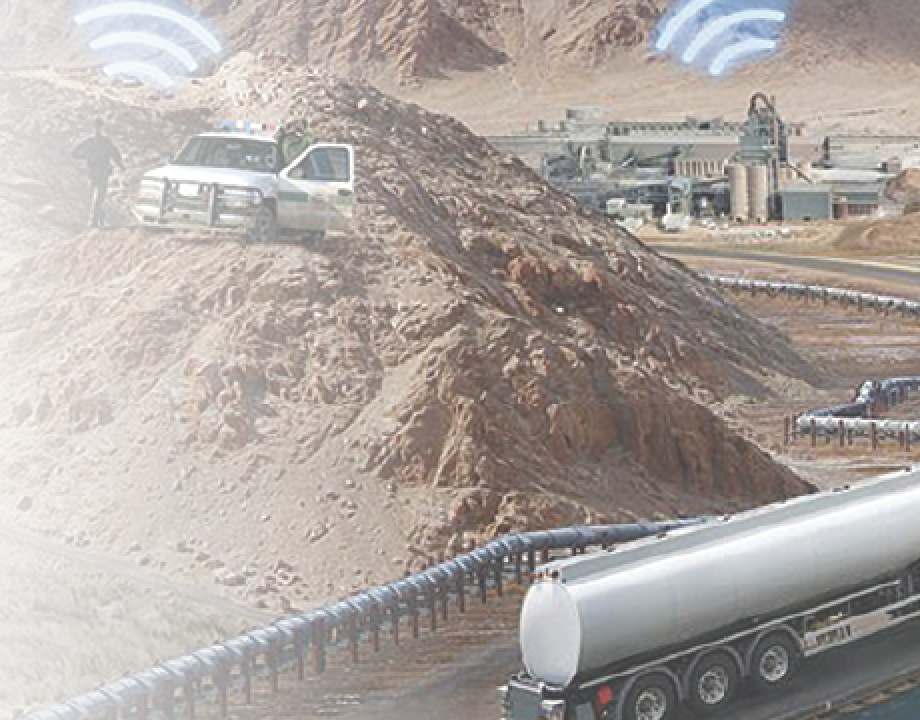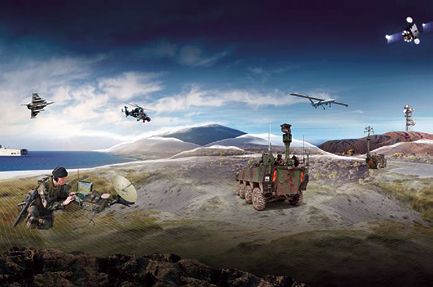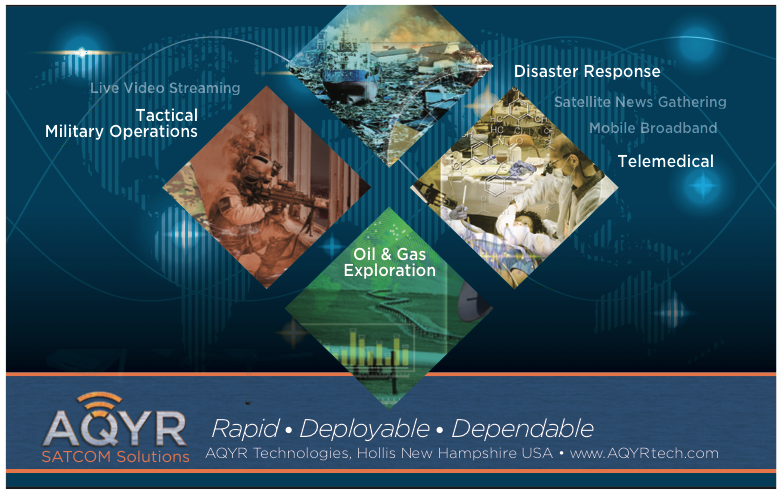Catherine Melquist (CM)
Thank you Brian for agreeing to share your views on the satellite mobility market with MSUA’s Mobility News readers. Let’s start by talking about you. How long have you been in the satellite industry and what’s your role at Thales Defense & Security?

Brian Aziz (BA)
Thank you for the opportunity. I have been in the satellite mobility market for almost 10 years and I’ve had the privilege of working in several facets of the industry.
Thales is entering the satellite mobility market with the introduction of VesseLINK™ and MissionLINK™, both of which will operate on the brand-new constellation being launched by Iridium.
As the Director of Satcom Solution, it’s my job to manage the overall sales and marketing of this new product line, including recruiting new distributors and implementing business strategies that will ensure our products are well received in the marketplace.

CM
What part of the satellite mobility market are you focused on and how would you describe the evolving data needs and challenges of these users?
BA
I’m involved in the evolution of the L-band market. L-Band has been around for a long time and has been sought after for its reliability and mobility; but the demand for new applications and higher bandwidth has grown.
Problems experienced with L-band include lower bandwidth speeds, higher latency, and higher costs. With the launch of Iridium NEXT and the new Thales terminals, customers will finally have a faster, more efficient, and more cost-effective options.
CM
What mobility innovations (actual or conceptual) are of greatest interest to your target users?
BA
Thales’s VesseLINK and MissionLINK products, which are being launched this year, will deliver a simple, easy-to-use, easy-to-install mobile terminal that operates from pole to pole. This capability will cater directly to the needs and requirements of our target users.
CM
What mobility innovations are you most interested in learning about as you travel to various trade show?

BA
I’m looking forward to learning more about companies that are planning to launch new satellite communication networks in the near future. I’m also interested in learning about new value-added products that are being developed to enhance the experience of mobile satellite users.
CM
How important is system interoperability to your users and if important, what forms (e.g., frequency, altitudes, commands) are your customers talking about?
BA
When we decided to enter a new commercial market, we spent the first two years doing market research, and learning from our distribution partners and end-users.
We learned that in both the land and maritime markets, customers want to do more with less. Based on this feedback, we proceeded to develop products that are feature-rich and deliver interoperability between VSAT, L-band, Cellular, and Land Mobile Radios.
CM
Imagine yourself an interviewer for Mobility News, what fellow MSUA member, industry colleague or customer representative would you like to interview and what would you want to know?

BA
I recently saw an announcement by Iridium that Comsat has become the exclusive provider of Iridium Certus services to the U.S. Department of Defense (DoD). I’d love to interview the technical leads at Comsat to learn more about their latest developments and the innovation they plan to introduce to the U.S. DoD market.
CM
My final question is the same one I typically ask all interviewees — mobility takes us all kinds of place and allows us to do a lot of things. What’s your personal favorite form of mobility (e.g., biking, parachuting, dog walking….)?

BA
I enjoy going to a boxing or MMA class several times a week, when I have the time.
CM
(She laughs) Okay, “mobile fists”! I can safely say no one has yet given that answer. So, well done! Brian thanks for taking time to give us your perspective on the satellite mobility business.
President of the Mobile Satellite Users Association, Catherine spearheads the group’s mission to promote mobility market development and mobility innovation. With over 25 corporate and small business members representing all levels of the satellite value chain as well as end-users, MSUA collaborates with conference organizers around the world to facilitate panels and keynote speakers that decipher mobility market dynamics including: growth opportunities, strategic partnership, barriers to progress, application aspirations, adjacent market influences and more.

Catherine Melquist is a strategic marketer with more than two decades of experience developing marketing and public relations strategies for global companies in the satellite and space-based market.
www.msua.org


